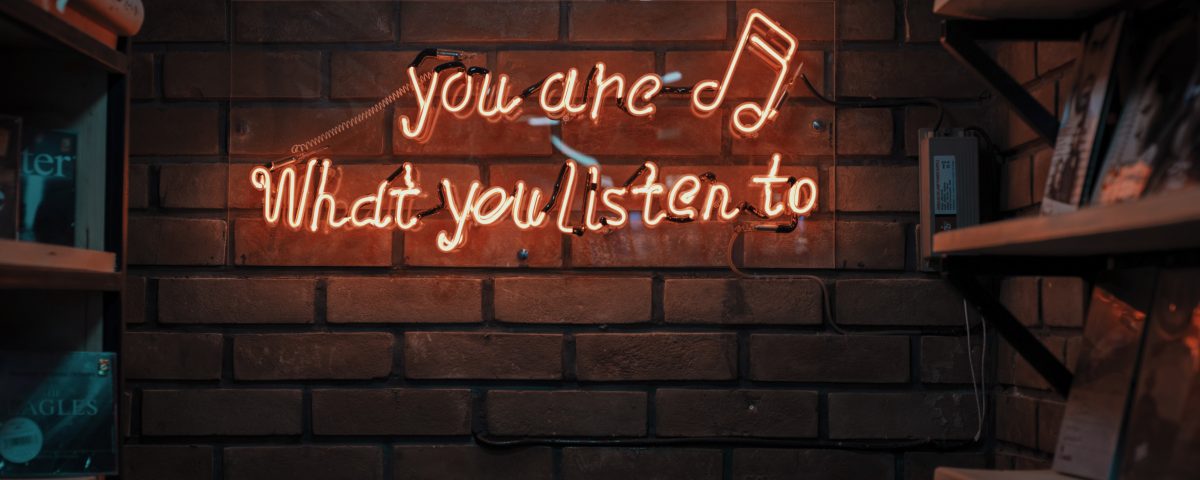
How To ‘Sell’ Yourself In English Authentically And Without Sounding Arrogant
May 17, 2019
How To Choose An English Language Coach
December 14, 2021 We are in the middle of a golden age of podcasting – podcasts have become hugely popular in the US, especially in the past five years, and with good reason. The technology is easily accessible and almost anyone can produce a DIY (do it yourself) podcast from their living room. This is great news if you need to improve your listening comprehension.
We are in the middle of a golden age of podcasting – podcasts have become hugely popular in the US, especially in the past five years, and with good reason. The technology is easily accessible and almost anyone can produce a DIY (do it yourself) podcast from their living room. This is great news if you need to improve your listening comprehension.
You can find podcasts for almost any purpose (news, entertainment, storytelling, learning new skills and subjects) and on pretty much every topic. I know I’ve said this before, but there is really no excuse to avoid improving your listening in English if you know this is an area you struggle with.
There is so much out there and it’s easy to find something that interests you. You can and should enjoy yourself while practicing your listening skills.
When I started teaching listening comprehension in 1996, we had to source our own audio samples if we wanted to expose students to real-life language.
Sure, there were textbooks with CDs (or cassette tapes!) but the dialogues were scripted, slower than real life because they were aimed at beginners, and often unnatural (side note: why do scripted language listening exercises always start with those weird music interludes?) It was nearly impossible to find appropriate language samples for upper intermediate to advanced English learners.
As a graduate student in training, I spent a lot of time recording news reports from National Public Radio on cassette tapes with my old stereo. If I heard something on the radio I thought would be useful for class, I rushed into my study to grab a blank cassette and try to record the segment in time (Hey NPR, if you are reading, I promise to finally send you that donation check, OK?) This was probably a violation of copyright law, but all listening teachers did it because we needed real life language samples for our upper level students. Sometimes I would have friends over for dinner to record their spontaneous conversations to use in class and then transcribe the conversations. It was SO MUCH WORK.
My point with all this is: those days are over! If I need a specific type of language sample about any possible topic, I only need to use the right search terms to find it, and the same goes for you.
On the flip side, there has been such an explosion in the sheer number of podcasts that finding what you need can be overwhelming.
Here are some tips to guide you:
1. Ask yourself: what exactly do I struggle with when listening in English?
For example: speed, vocabulary, different dialects and types of speakers, topics that are unfamiliar to me. You want to choose podcasts that target your weak areas.
For example, if you are still struggling with general comprehension, then news podcasts are a good place to start because the speakers are trained professionals who use a neutral-sounding dialect and the topics are familiar.
But if you generally understand 80% or more when you listen to news topics and you can always understand the main idea, then it’s time to move on to more challenging audio samples. People talking naturally on the street do not sound like on-air journalists. You should search for entertainment, culture or political podcasts where people of different backgrounds spontaneously discuss a topic and do all the things that happen in natural conversations – like interrupt each other, mumble occasionally, speak in a nonstandard dialect, and use slang and idioms.
If you really want to be challenged, then you can move on to humor. Comedy podcasts are among the most challenging for English as a second language listeners for many reasons, primarily slang, idioms, cultural references and the style of humor itself, which is often cultural.
2. Choose subjects you are genuinely interested in and enjoy learning about.
To stay motivated you should make your listening time a pleasure, especially if your time is limited. It should be a little challenging, but not feel like an obligation or struggle. Try out several different podcasts and if you don’t like one, just move on to another until something really grabs your interest.
3. Read lists of popular or award-winning podcasts so you can choose more efficiently.
You could lose a whole day searching Apple podcasts. Instead, try any of the following lists for recommendations:
Every December The Atlantic magazine releases a list of the 50 best podcasts of the year. This list is my personal favorite because I think they do a great job of curating the selections and they offer detailed summaries and descriptions. I point my clients to this list when they need to find appropriate podcasts for increasing their listening practice.
Gimlet Media has produced several award winning podcasts, so their website it worth browsing.
Discoverpods has an awards contest every year, which allows you to browse by category (best comedy podcast, best news podcast, best true crime, etc.) so you can search according to your interests. Don’t forget to check out the runners-up as well.
These lists should get you started. Now, go find three podcasts you can’t wait to listen to and work them into your daily practice, committing to listening at least 15 minutes a day.
If you do this for a month, you should feel a shift in your listening comprehension. Let me know how it goes!

